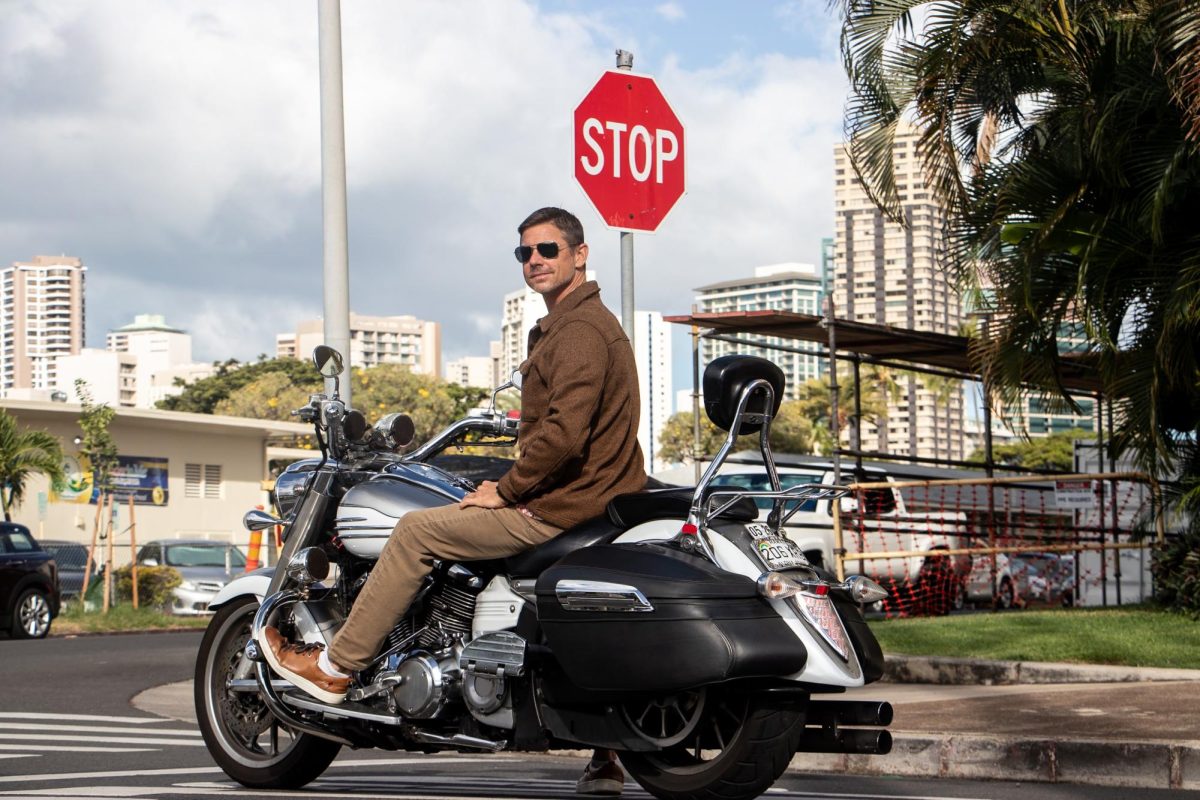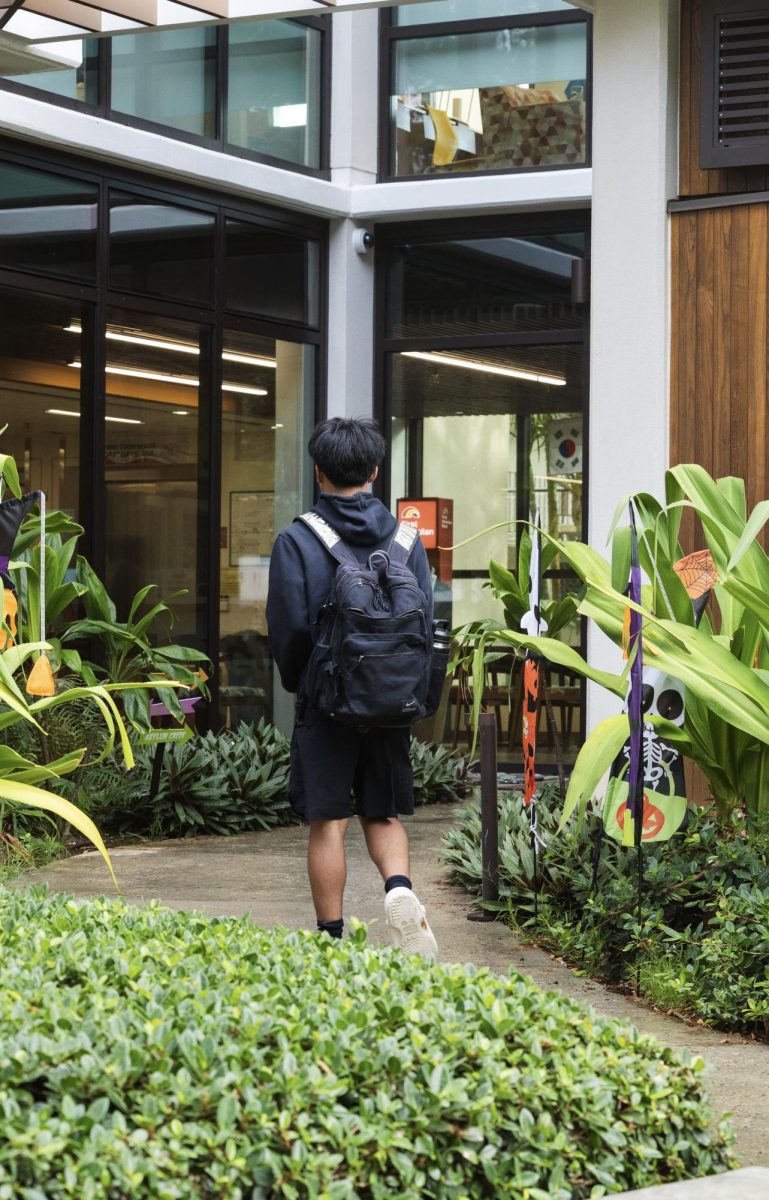Living in Hawai‘i, chances are that you own at least one thing from a surf shop. Whether it be apparel, athletic gear, accessories or art, surf shops have a huge impact on the culture of our state. Almost everyone knows about the dreaded closure of foundational, famous surf shops like RVCA, Roxy, Billabong, Quiksilver and Volcom due to the bankruptcy of these stores’ shared license operator, Liberated Brands. Although the brands themselves aren’t disappearing, their license is being transferred to new operators, Authentic Brands Group. With these retail stores being the cornerstone of local culture in Hawai‘i, many wonder what the future of beach and surf apparel will look like with these drastic changes.
On Feb. 2, Liberated Brands filed for Chapter 11 bankruptcy, which allows individuals and businesses to continue to operate while reorganizing finances behind the scenes. This resulted in 124 store closures around the country despite the nuances of the bankruptcy, causing many to have drastic sales. Hawai‘i locations continue to hold major sales (10-30% off sales in person and 60% off online) with websites announcing they would no longer accept gift cards as forms of payment past Feb. 16. This came as a major shock to many. Mimi K. ’25 was surprised to hear that these stores have begun to close but aren’t going to be gone forever. “I feel like it makes sense that the shops are in person in Hawai‘i because we’re known for our beaches and tourists come.” She hopes that the Hawai‘i locations remain open.
In a declaration supporting the bankruptcy from a February article for USA Today, Todd Hymel, CEO of Liberated Brands, said, “Macroeconomic issues, including a rapid and dramatic rise in interest rates, persistent inflation, supply chain delays, a decline in customer demand well below the historical trendline, shifting consumer preferences, and substantial fixed costs placed significant pressure on Liberated’s revenue and cost structure.” The result is 226 million dollars in debt for the license operator. At the moment, over 1,400 employees have already been laid off, and it wouldn’t be surprising if there are more layoffs to come.
Surf culture and lifestyle are prevalent in Hawai‘i, especially with it being the birthplace of surfing. Many people turn to Liberated Brands’ stores for their choice of clothing, which also includes local favorites like Honolua and Boardriders. Despite Liberated Brands citing a “decline in customer demand” and “shifting customer preferences” for their bankruptcy, from first impression, it seems as though the Hawai‘i market, at least, has continued to thrive. Mimi says she estimates that ¼ of her clothing is from these brands. “The clothing helps with the weather we have, and they have a lot of beach cover ups or just beach clothes, which is essential,” she explains. Finn A. ’25, however, confirms a shift in customer preferences: “I think it’s a good thing that they’re sort of revamping because I think these surf [brands] have really evolved over the past 10 years or so. Have you seen vintage surf? It’s so much better than what we’re at now. I think they should really take this opportunity to maybe run back some of those old designs.”
The hope is that these prominent shops will continue to remain in store as well as online, but nothing is ever certain. RVCA has already announced that it is closing all its U.S. in-store locations, and who knows what might be next. Finn sees this change as an opportunity to buy more from smaller surf brands like Tenōre, AVVA and Florence Marine X. “I think maybe they can capitalize on this and become more mainstream.” He also realizes that sometimes these brands aren’t as affordable. “I like the smaller surf brands, but everything is so expensive, so Ross is always a good option. Sometimes you can find a mythical pull.” Whether you choose to shop at Ross or Roxy, there’s no doubt that surf culture is an integral part of Hawai‘i.





